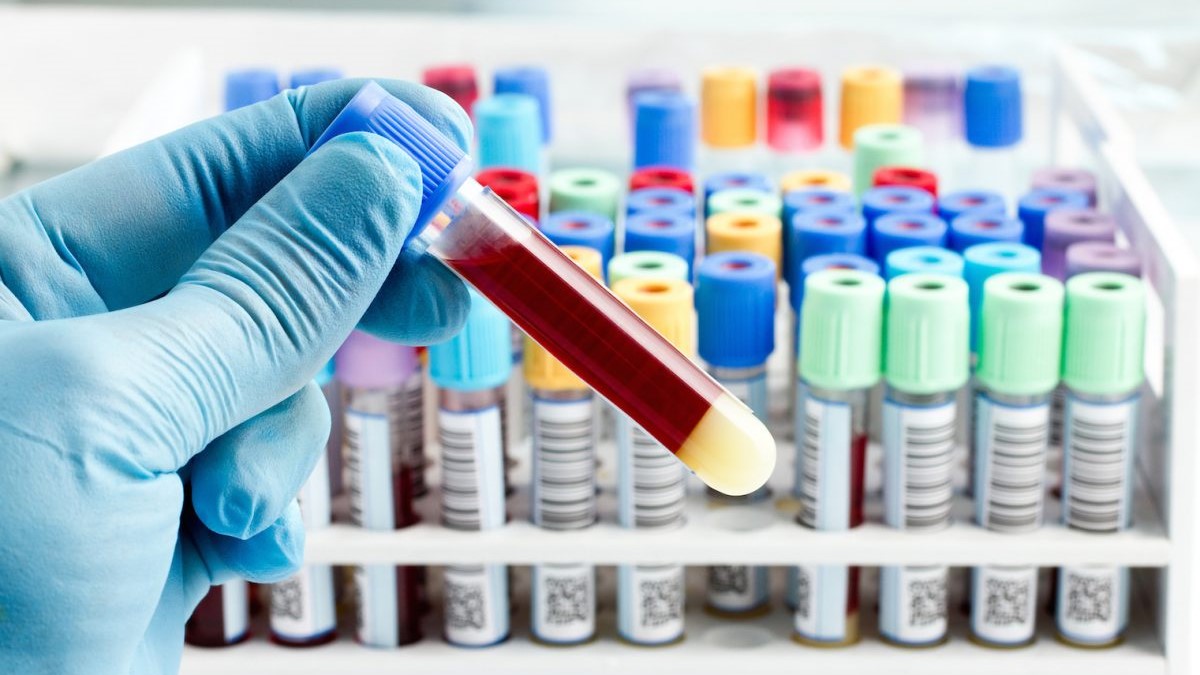September 15, 2020

UUP and the SUNY administration have reached an agreement for regular coronavirus testing of faculty and staff, in a major effort to contain COVID-19 on campuses which also bodes well for UUP’s relationship with the new chancellor, James Malatras.
Under the agreement, which UUP and SUNY announced Sept. 14, all SUNY state-operated campuses and the three SUNY hospitals will conduct surveillance testing of the 37,000 UUP-represented employees. The testing will continue through Dec. 31, 2020, but the agreement leaves open the possibility of an extension if both sides concur. The agreement does not set a rigid schedule, but it does state that testing will be conducted “no less frequently than occurs for the student population.”
“We welcome this opportunity to make the SUNY state-operated campuses as safe as we possibly can for students, for the surrounding campus communities and for our UUP membership, with this new agreement for mandatory COVID-19 testing of employees represented by UUP,” UUP President Fred Kowal said in announcing the plan.
Kowal also thanked Malatras for his cooperation in reaching the agreement.
“SUNY and UUP have the same goal: to protect students and to provide them with an outstanding education under these very challenging circumstances,” Kowal said. “We will continue to meet that challenge.”
Testing varies among campuses
Campuses have considerable leeway in determining the frequency and extent of surveillance testing of their students. UUP aggressively called for baseline testing when campuses reopened, and for rigorous surveillance testing throughout the fall semester, but campuses never adopted the baseline testing.
However, the campus attitude toward testing changed after an outbreak of COVID-19 at SUNY Oneonta that started small but exploded into more than 800 known cases. Malatras ordered Oneonta to convert to online education for the rest of the semester. Surveillance testing quickly became the norm on other SUNY campuses.
The testing agreement establishes a number of safeguards, including how long test results can be maintained (only as long as necessary to comply with public health requirements), the protection of tested employees’ privacy, and a stipulation that no employee can be compelled to submit to a less comfortable form of the test that uses a long swab, if short-swab testing or saliva testing are not available.
UUP: Telecommuting must continue
The agreement also states that employees who have been quarantined or isolated following a positive test result should be allowed to telecommute “to the greatest extent possible.” UUP’s current telecommuting agreement, which dates to the spring shutdown, ends next month. Kowal has said that he hopes it can be extended, because with K-12 school schedules so disrupted, many UUP members face major challenges finding childcare.
Telecommuting would also reduce density on campuses, and help reduce the possibility of the coronavirus spreading, Kowal said.
“We need campus administrators to greatly increase the scope and frequency of the testing of students for COVID-19,” Kowal said. “This is the best way to protect our SUNY communities during this challenging time. UUP also looks forward to continued telecommuting opportunities for our members to ensure the health and safety of all.”
The union is regularly talking with its members to find out about issues on campus that UUP leadership can address with SUNY administrators. A series of six regional tele-town hall meetings between UUP leaders and members began Sept. 15. Members can still register for the final three forums, which will cover Long Island, the Hudson Valley/Metro Downstate area, and the North Country. Empire State College members should register for the region in which they are based. To register, go Here

